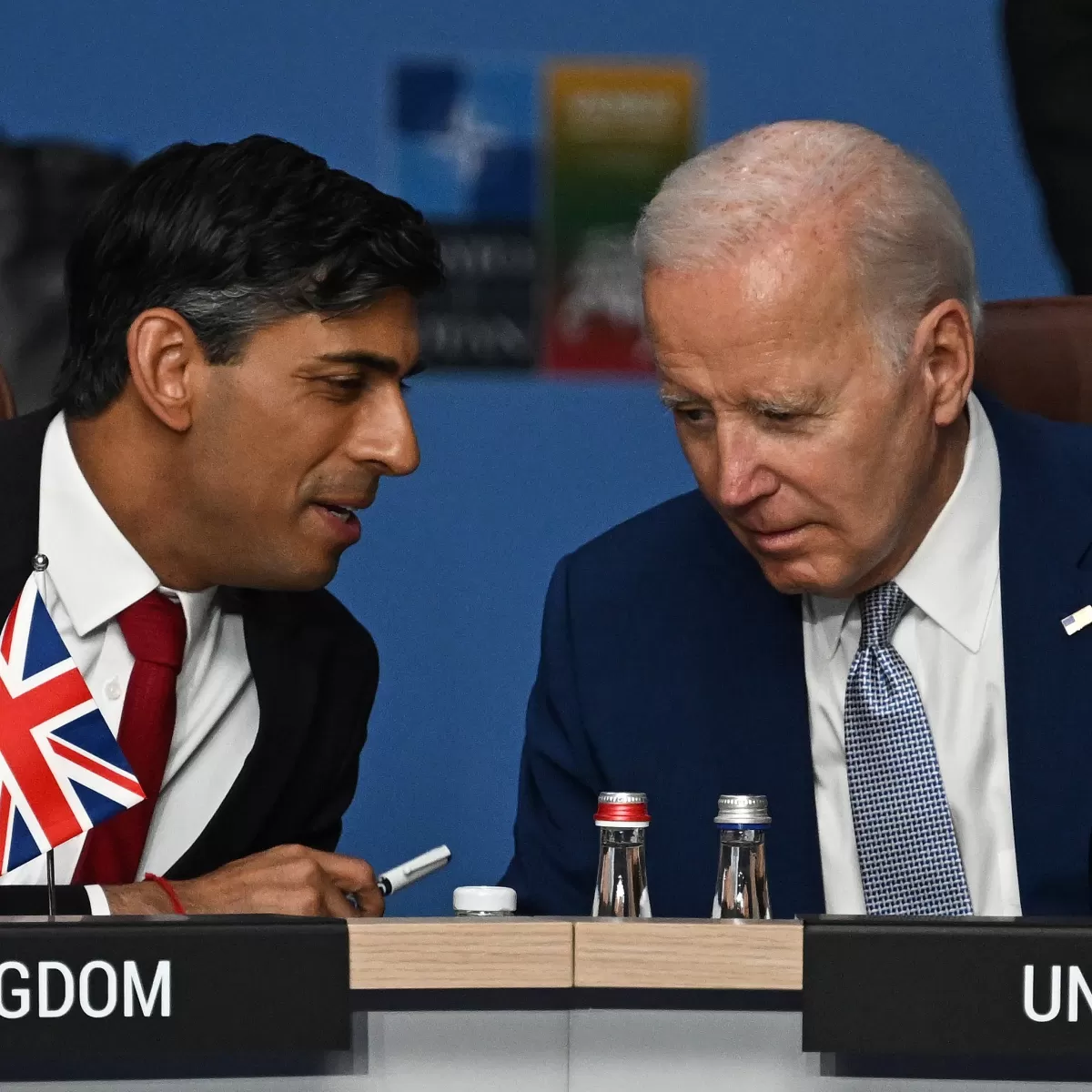This website uses cookies. Learn more
The revelations about David Cameron lobbying for Lex Greensill appear to have triggered a torrent of further allegations of sleaze and improper conduct – focusing on the Prime Minister, in particular.
The revelations around the refurbishment of the Prime Minister’s Downing Street flat are particularly dangerous, and carry real potential to damage Boris Johnson and the Conservative Party more generally.
Labour has been quick to weaponise this situation, as it plays to part of the agenda Starmer has pushed at least since the furore around Cummings infamous trip to Barnard Castle. Labour want to portray the Government as out of touch, and operating by a different set of rules than those which apply to the people over whom they rule.
The idea is to damage the Tory brand – and put a wedge between them and, particularly, those who voted for them first in 2019. To that extent, regardless of the content of the allegations, this is politics as normal; unfortunately for those of us involved in the business of influencing Government, it is, however, politics in which the term ‘lobbyist’ is being thrown around as a weapon.
‘Lobbying’ as a term and practice is generally seen in the public mind in a poor light – with sleazy associations going right back to the 90s and the cash for questions affair involving Conservative MPs under the Major Government. The public affairs industry – certainly on the consultancy side – is unrecognisable from then.
We are transparent, declare our clients, are regulated by a professional standards body and a statutory registrar. If you use our services, we will have to disclose publicly that you are doing so; if you use our services specifically to meet ministers or permanent secretaries, that is also, separately, disclosable.
The system isn’t perfect – there are many ways in which it could benefit from an overhaul; but is it right that in a democracy, public confidence in our process of Government should be informed and maintained by the disclosure of sources of influence upon decision makers. Logically, that also means that where new controversies renew public concern over an issue, the rules might need to be looked at again.
It is difficult to separate the political froth around Greensill from more substantive issues of concern – but I would suggest a few areas which are worth reflecting on.
Firstly, it seems difficult to ignore the role of in-house lobbyists.
If it were possible to ignore the fact that David Cameron is a former Prime Minister, this would be a tale about a not very effective in-house lobbyist. A logical next step for a Government then considering how to respond might be to look at whether there needs to be some kind of regime directly governing the activities of in-house lobbyists. Those working in-house should be mindful of this risk, and consider how they might respond to or anticipate future developments.
Secondly, of course, the government urgently needs to look at conflicts.
The attention that Cameron garnered from the Chancellor and his officials is a direct result of what he used to be rather than who he is now. But the bigger conflict is arguably that which was disclosed around Bill Crothers, the former Government Chief Commercial Officer - the official in charge of procurement and commercial functions across Government - who, it turns out, was for a period also holding a senior role at Greensill Capital, a supplier of services to the Government. This is a serious lapse which clearly requires action, as a minimum, to avoid any such clear conflict occurring again.
Thirdly, the focus on and disclosure of text messages (between Cameron and the Chancellor – and more recently and separately between James Dyson and the Prime Minister) is new and interesting.
It is not new that disclosure regimes such as the Freedom of Information Act apply to messages on private phones regarding the conduct of Government business. Whitehall is nevertheless, significantly run off multiple, overlapping, whatsapp groups – partly for convenience, and partly because they are not part of the formal Govt communications infrastructure.
The disclosure of the private messages might give pause for thought to those on the inside; it should also perhaps remind anyone sending messages into Government that conceivably everything might come into the public domain – no matter how informal the medium or relationship.
All of these are issues which should necessitate some contemplation from anyone working in and around public affairs – but I will close with a more salutary thought.
The Cameron affair, if anything, underlines the need for good, professional, public affairs support for those who want to turn their activity into tangible outcomes. For all the hand-wringing over the privileged access that the former Prime Minister undoubtedly enjoyed, it’s worth remembering that Cameron and Greensill were ultimate rejected by Treasury officials – and politicians did not intervene otherwise. And this clearly happened because the case they were pushing was not well substantiated enough, did not play sufficiently to the current Government agenda, and was not widely understood or supported.
It’s possible that Cameron and Lex Greensill were always on a hiding to nothing. But in doing so, they have pretty effectively demonstrated that the media stereotype of a lone lobbyist peddling influence through personal contacts is a poor substitute for a professionally-executed programme of painstaking brand and relationship building, and the substantiation and delivery of a solid argument which plays to existing policy agendas.













